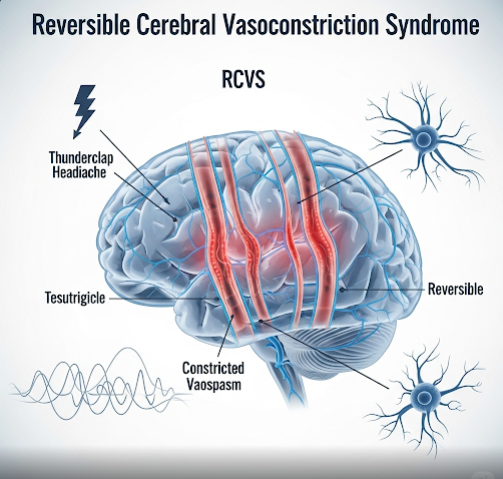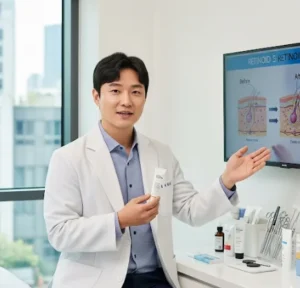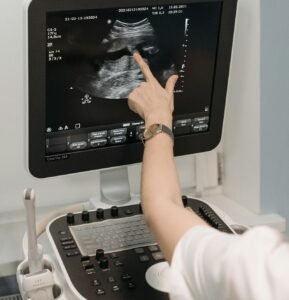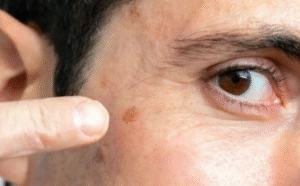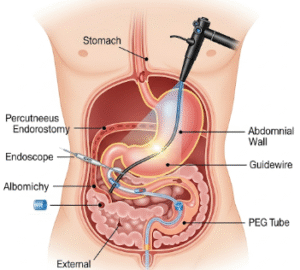Overview
Reversible Cerebral Vasoconstriction Syndrome (RCVS) is a neurological disorder characterized by sudden, severe headaches and reversible narrowing of the cerebral arteries. Though typically self-limiting, it can cause complications like stroke if untreated. In Korea, prompt diagnosis and modern neurovascular care ensure effective management and prevention of complications associated with RCVS.
What is Reversible Cerebral Vasoconstriction Syndrome?
RCVS involves transient narrowing (vasoconstriction) of blood vessels in the brain, leading to severe “thunderclap” headaches. The vasoconstriction typically resolves within weeks, but the condition requires careful evaluation to rule out other causes of acute headache and prevent serious outcomes.
Symptoms
- Sudden, severe headaches often described as thunderclap headaches
- Recurring headaches over days to weeks
- Visual disturbances
- Seizures in some cases
- Focal neurological deficits (weakness, numbness)
- Nausea and vomiting
Causes
- Use of vasoactive substances (e.g., certain medications, illicit drugs)
- Postpartum state
- Exposure to adrenergic or serotonergic drugs (e.g., antidepressants, decongestants)
- Head trauma or neurosurgical procedures
- Unknown idiopathic causes in many cases
Risk Factors
- Female gender (more common in women)
- Use of certain medications or drugs (cocaine, amphetamines, triptans)
- Postpartum period
- Migraine history
Complications
- Stroke (ischemic or hemorrhagic)
- Seizures
- Permanent neurological deficits if complications occur
Prevention
- Avoidance of known triggers such as vasoactive drugs
- Careful management of postpartum patients and migraine sufferers
- Prompt treatment of acute symptoms
Treatment Options in Korea
Korean neurological centers offer comprehensive care for RCVS:
- Diagnostic Evaluation: Brain MRI, CT angiography, and cerebral angiography to identify vasoconstriction and rule out other causes.
- Symptomatic Treatment: Pain relief with analgesics and management of seizures if present.
- Calcium Channel Blockers: Medications such as nimodipine to help relax blood vessels and reduce vasoconstriction.
- Monitoring: Close neurological observation to detect and treat complications early.
- Patient Education: Guidance on avoiding triggers and recognizing symptoms for early intervention.

